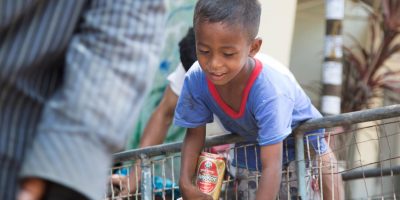This brief was developed based on evidence and lessons learned from CASS studies, to guide social scientists working in humanitarian programmes, or actors seeking to use social sciences research inside their COVID-19 response in Sub Saharan Africa. It provides a summary of suggested key social sciences research questions and their rationale to support and inform in operational field research and response programming in the Sub-Saharan African context.
The Cellule d’Analyse en Sciences Sociales (CASS) has drafted a set of briefing documents outlining key lessons learned from social sciences analyses during the DRC Ebola outbreak response, aiming to connect findings from the research conducted by the CASS with recommendations for supporting and improving the approach to tackling COVID-19 and its secondary impacts in Sub-Saharan Africa. The CASS Briefs do not imply comparatives between the diseases, however, despite differences, the social and behavioural sciences studies and recommendations, and resulting documented lessons learned can provide key guidance and important considerations for COVID-19 response and research teams operating in similar contexts across the continent.
CASS research tools, raw data, presentations, analysis and monitoring of research recommendations to action (MONITO) are available online: Ebola drive and COVID drive.
A full list of all CASS studies (and the links to their folders) can be found online here
These briefs have been developed by UNICEF for the CASS, under Wellcome-DFID grant. They have been reviewed and contributed to by partners from GOARN research, Anthrologica, London School of Hygiene and Tropical Medicine (LSHTM), Harvard Humanitarian Initiative (HHI), International Federation of the Red Cross (IFRC), Institute of Tropical Medicine Antwerp (ITM), Translators Without Borders (TWB), MSF-Epicentre, NOVETTA and Oxford University.



